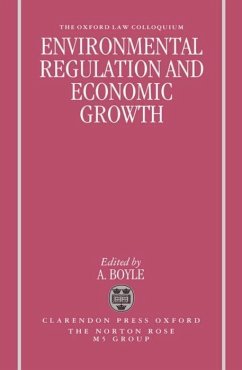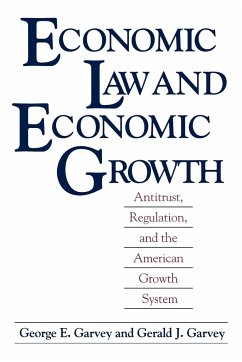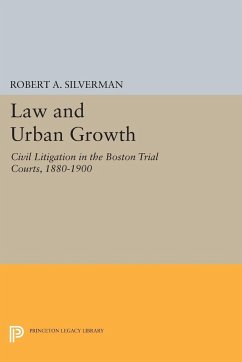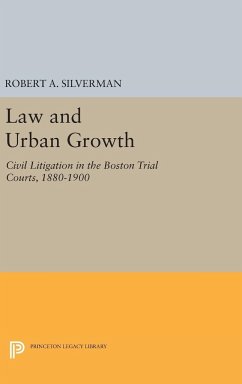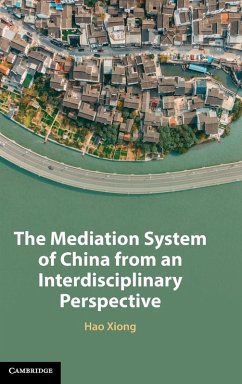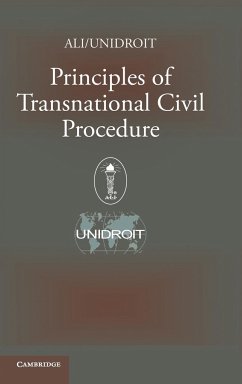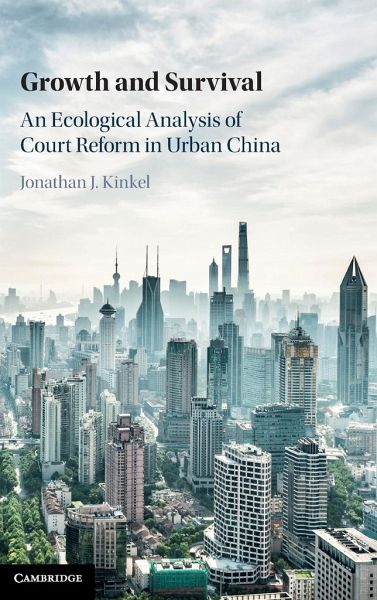
Growth and Survival
Versandkostenfrei!
Versandfertig in 1-2 Wochen
100,99 €
inkl. MwSt.
Weitere Ausgaben:

PAYBACK Punkte
50 °P sammeln!
"Despite the consolidation of Communist power and the encouragement of President Xi Jinping's cult of personality (Economy, 2019; Hernandez, 2018; Hernandez & Carlsen, 2017), the People's Republic of China (PRC) has also moved to expand judicial autonomy during Xi's term in office. As recently as 2016, The New York Times claimed that "China Grants Courts Greater Autonomy on Limited Matters" (Johnson, 2016), while the Wall Street Journal noted in 2014 that "China Tries to Hold On to Judges by Offering Freer Hand" (Chin, 2014) and The Economist opined that "Judges are often impotent in China's c...
"Despite the consolidation of Communist power and the encouragement of President Xi Jinping's cult of personality (Economy, 2019; Hernandez, 2018; Hernandez & Carlsen, 2017), the People's Republic of China (PRC) has also moved to expand judicial autonomy during Xi's term in office. As recently as 2016, The New York Times claimed that "China Grants Courts Greater Autonomy on Limited Matters" (Johnson, 2016), while the Wall Street Journal noted in 2014 that "China Tries to Hold On to Judges by Offering Freer Hand" (Chin, 2014) and The Economist opined that "Judges are often impotent in China's courtrooms. That might be changing" (The Economist, 2014)"--





